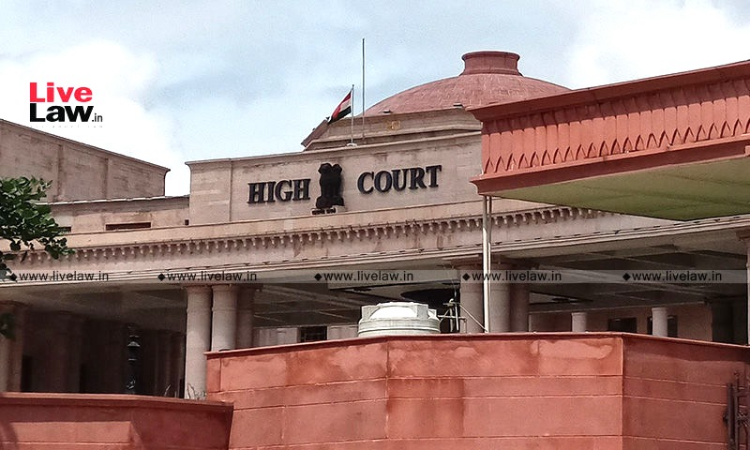Mandatory For The DM To Ensure That Life & Property Of Senior Citizens Are Protected: Allahabad High Court
Sparsh Upadhyay
21 March 2022 9:29 PM IST

Next Story
21 March 2022 9:29 PM IST
In a significant assertion, the Allahabad High Court has observed that as per the Maintenance and Welfare of Parents and Senior Citizens Act 2007 and the rules framed by the state government thereunder, it is mandatory for the District Magistrate to ensure that the life and property of the senior citizen are protected and they are able to live with security and dignity.The Bench of Justice...
